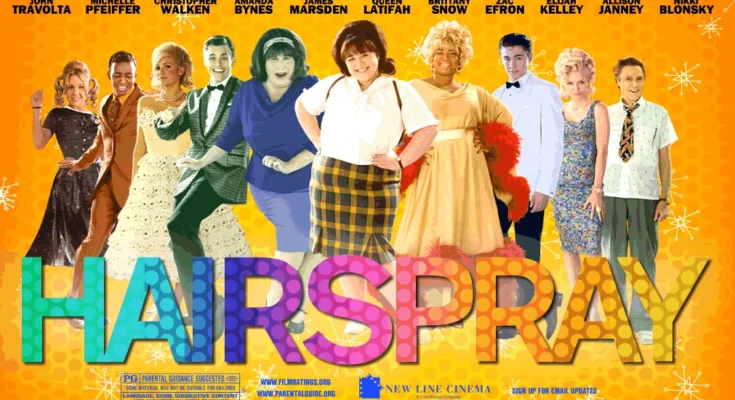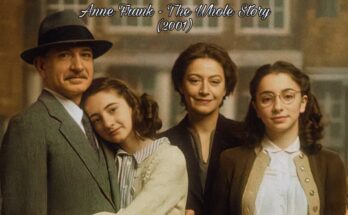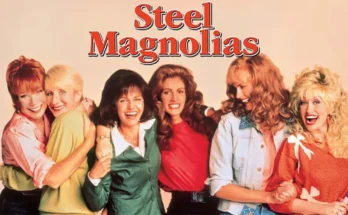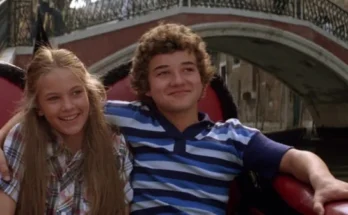Genre: Musical | Comedy | Dance | Social Commentary
Hairspray (2007) is a vibrant, feel-good musical bursting with big hair, bigger dance numbers, and an even bigger heart. Directed by Adam Shankman and adapted from the hit Broadway show— itself inspired by John Waters’ cult 1988 film—this version transforms the satirical edge of Waters’ original into a colorful celebration of self-love, inclusivity, and social change, all wrapped in infectious pop tunes.
Set in 1962 Baltimore, the story centers on Tracy Turnblad (Nikki Blonsky), an upbeat, plus-sized teenager with a mile-high bouffant and dreams as big as her hair. Tracy’s world revolves around The Corny Collins Show, a local TV dance program she watches religiously from her modest row house while practicing dance moves in her bedroom. When a spot on the show opens up, Tracy auditions—despite being mocked for not fitting the show’s slim, cookie-cutter mold—and shocks everyone by winning over the host and the audience with her energy and talent.
Soon, Tracy becomes an overnight sensation, shaking up not just dance floors but social norms. She befriends Seaweed (Elijah Kelley) and other Black students, exposing her to the harsh reality of the show’s segregated “Negro Day.” With her signature optimism and righteous spirit, Tracy sets her sights on integrating the Corny Collins Show—proving that dance and joy should belong to everyone, not just the privileged few.
The cast brims with lively performances. Nikki Blonsky is perfectly cast, radiating infectious charm and genuine warmth as Tracy. John Travolta, donning a fatsuit and Baltimore accent, plays Tracy’s mother Edna—a role traditionally performed in drag—and brings sweetness and comedic timing to a part that could have easily been pure gimmick. Christopher Walken, as her supportive dad Wilbur, adds offbeat heart, while Michelle Pfeiffer chews up the scenery as Velma Von Tussle, the scheming station manager desperate to keep the show—and Baltimore society—segregated.
Then there’s the show’s real engine: its musical numbers. From “Good Morning Baltimore” to “You Can’t Stop the Beat,” the soundtrack pulses with retro joy and toe-tapping beats. The film stages its songs with high-energy choreography, bright colors, and a playful nod to the style of early ‘60s TV and teen dance shows.
While Hairspray doesn’t have the same sharp satire of John Waters’ original, it finds its own balance between lighthearted fun and heartfelt messaging. It tackles themes of body image, race, and acceptance without losing its cheerful momentum. The bright costumes, bouncy sets, and campy humor make its social messages go down easy but stick with you all the same.
What makes Hairspray endure is its unshakable optimism: it’s a story about ordinary people doing the extraordinary—standing up to injustice, shaking up the status quo, and dancing through it all with a smile. It reminds us that change can start with one voice, one beat, one kid refusing to sit quietly at the back of the bus—or the dance floor.
Colorful, catchy, and joyously defiant, Hairspray (2007) is a musical that wants you to get up, dance, and believe that no force—prejudice, peer pressure, or small-minded bigots—can stop the beat.



